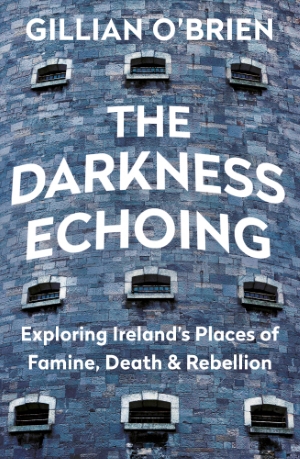
When I was three my parents drove from Kerry to Dublin. I spent the journey sticking my head between the driver and passenger seats and bombarding them with questions. No matter how they tried to answer me, my response was always the same: ‘But why?’ Several decades later I’m still asking questions, though these days I’m less reliant on my parents to provide answers (much to their relief). In fact, writing The Darkness Echoing is my attempt to answer my own questions about how and why some stories of Ireland’s past are told and retold, while others are forgotten or ignored.
I had a grandmother who was cheerfully morbid. She spent years planning her own funeral down to the last detail, and her response to ‘how are you?’ was invariably either ‘Wisha, still here’ or ‘Shure you can’t kill a bad thing’. This obsession with misery is widespread in Ireland and as a historian I’ve often wondered why. Is there some quality of the Irish that makes us prone to revelling in darkness? Perhaps it’s our tragic history that makes us gravitate towards the macabre. Or perhaps it has more to do with the way that history is told, as if being reared on stories of famine, emigration, failed rebellion and the life of Peig Sayers has corroded our capacity for joy. But it was only when I began working as a historical consultant on heritage projects like Spike Island just off Cobh and Kilmainham Gaol in Dublin that my ideas about the Irish relationship with death and suffering came into focus. I began to wonder why visitors went to former prison sites. Was it to pay homage to the political prisoners who had been held there? Was for the chance to walk the damp corridors, or step inside a cell and close the door? Or was it something more?
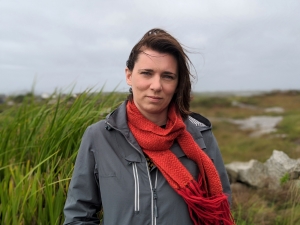
In The Darkness Echoing, I set out to discover why Ireland’s dark past still echoes in our present. To do that I planned my own bespoke ‘misery tour’ of the country, investigating the ways in which our museums and heritage sites tell the stories of Ireland’s past. As you might expect, I found stories of war and rebellion, famine and emigration, but I also discovered answers to my questions that were unexpected, surprising, and even funny. My parents have still not quite recovered from that harrowing car journey all those years ago, but for me the question ‘But why?’ has been life-changing, opening a door to new knowledge, while providing an adventure or two. I hope The Darkness Echoing prompts readers to ask their own questions, and to embark on their own exploration of Ireland’s past, one that takes them to parts of the country they haven’t yet explored. But perhaps it’s best to leave your parents behind.
Dr. Gillian O’Brien is Reader in Modern Irish History at Liverpool John Moores University. She is the author of Blood Runs Green: The Murder That Transfixed Gilded Age Chicago and is a former Fulbright Scholar.



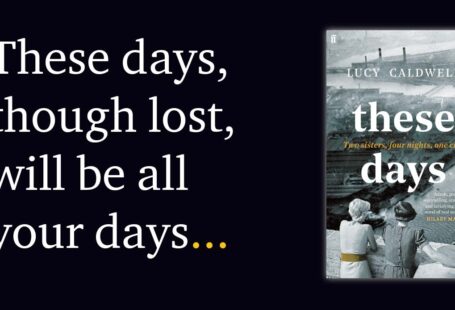
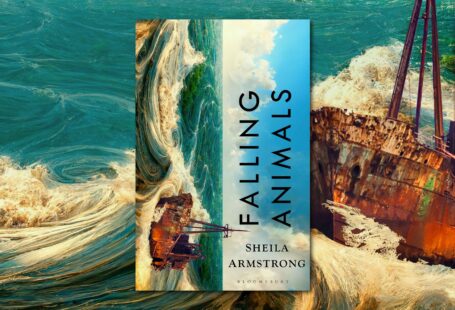
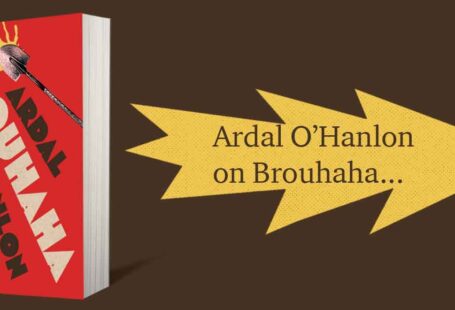
Recent Comments